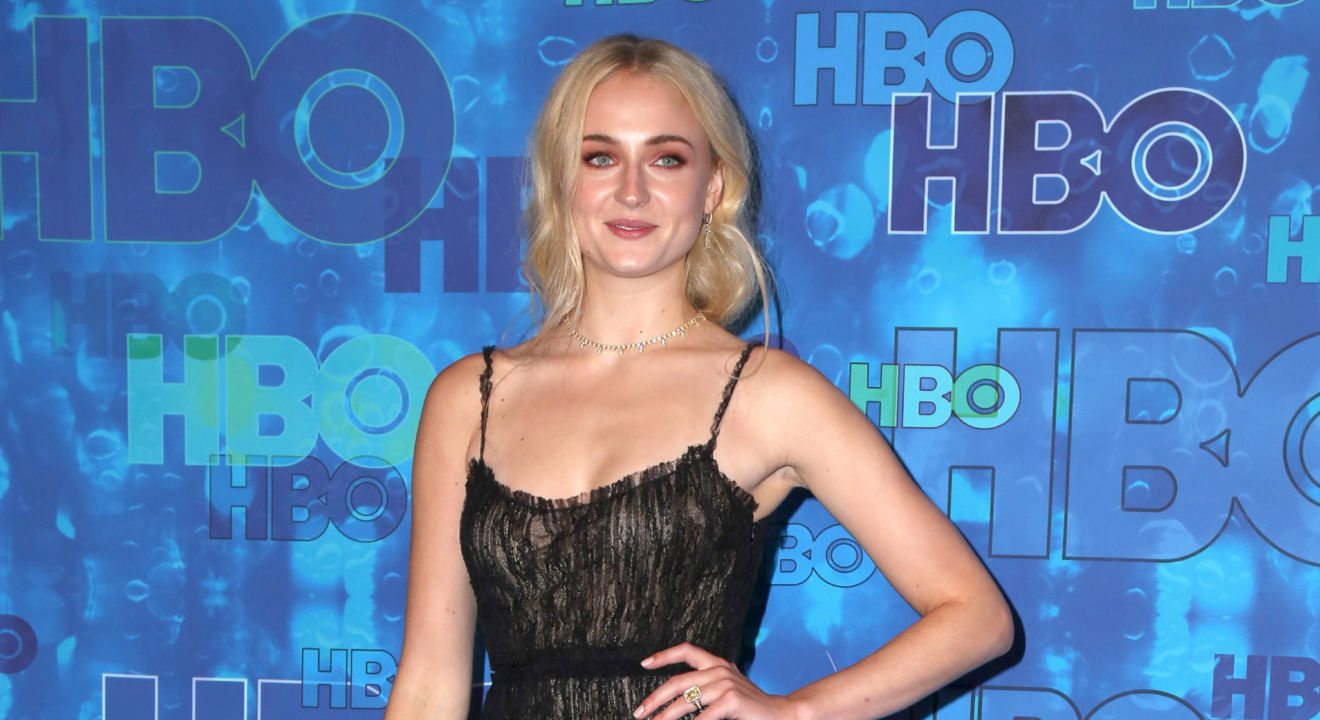Entertainment December 8, 2016


Enough is enough. Showrunners are now pushing back against the all-too-common use of rape as a plot device on television.
“For male showrunners, sexual assault is always the go-to when looking for a ‘traumatic backstory’ for a female character,” a veteran female writer explained to Variety. “You can use it as a reason for anything she might do. She’s ‘damaged goods,’ physically, emotionally and mentally, and I think that is a bad, bad message to send to women who have been sexually assaulted.”
Such scenes have long been wildly popular in horror movies, such as: “Don’t Breath,” “The Gift,” “Silent House,” “The Last House on the Left,” etc. – but have recently become a real issue on television. “Game of Thrones” famously received backlash for the season five episode which saw Sophie Turner’s character, Sansa, raped on her wedding night.
READ MORE: MTV’s ‘Sweet/Vicious’ Shows the Violent, Raw Side of Rape Culture
Turner even questioned the filming of the scene during a Comic-Con panel, sharing, “[If] there’s one thing that Sansa still is, despite what happened to her, [it’s] strong. She’s not to blame for any of that.. I really don’t know why they … focused on Theon, because I was giving a great performance.”
As the quality of television increases, many showrunners have felt the need to “up the ante” on content, often falling back on the lazy plot device. For example, Jeremy Slate, executive producer of Fox’s “The Exorcist,” revealed that a depressing number of applicants sent him scripts containing unnecessary rape plot points when applying to work on the series.
“I would say out of those 200 scripts, there were probably 30 or 40 of them that opened with a rape or had a pretty savage rape at some point,” he shared, calling it a “plague on the industry.”
And the topic feels particularly important following the revelation that the rape scene in “Last Tango in Paris” was filmed without the actress’s consent. Director Bernardo Bertolucci later clarified his comments, insisting only aspects of the rape were kept from the actress, though the effect is the same.
READ MORE: 5 Campus Campaigns to Prevent Sexual Assault
Michelle Loretta, spoke on the nuances of the situation, “Sometimes going there is valid and powerful. Sometimes it’s lazy and exploitative. The difference comes down to why you’re telling this story, who you’re telling it through, and what you’re saying in the process.”
Two great examples from recent television include “Orange is the New Black” and “Jessica Jones.” After Taryn Manning’s character Tiffany “Pennsatucky” Doggett was raped by prison guard Charlie Coates (James McMenamin) in season three, the show spent the rest of that season, as well as season four, following her as she processed the trauma.
It was filmed from her point of view, and she dealt with issues such as whether or not she should take revenge on her attacker and how to forgive him. The scene was not merely a plot point with which to launch a male character’s revenge or to illuminate a character’s backstory.
READ MORE: Matthew McConaughey’s New Role as Anti-Rape Celebrity Advocate
On Netflix’s “Jessica Jones,” the sexual assault story was told from the point of view of the survivor, the titular character played by Krysten Ritter. And she grappled with the emotional and psychological ramifications of the abuse throughout the show’s first season.
Of course, it would be difficult to discuss sexual violence on television without mentioning long-running series “Law & Order: Special Victims Unit.” However, creator, writer, and producer of the series, Dick Wolf, does not believe the program is at risk of glorifying such violence.
“That wasn’t a concern. It never entered my mind because of the outrage both Mariska [Hargitay] and Chris [Meloni] carried with them, that these crimes were not praiseworthy. The people they were going after were truly scum,” he explained to Salon in a 2014 interview.
And Hargitay, the show’s leading actress, even created an organization to help sexual assault survivors, after her eye-opening experience on the series. Joyful Heart seeks to “transform society’s response to sexual assault, domestic violence, and child abuse, support survivors’ healing, and end this violence forever.”
READ MORE: Is ‘Jessica Jones’ Just the Start of Netflix’s Female First Strategy?
Bryan Fuller, executive producer and co-showrunner of “American Gods,” says that the use of sexual assault “stains a story in a way, in that it prevents you from being able to celebrate different aspects of sexuality.”
While working on NBC series “Hannibal,” he made a rule that writers not use sexual violence for story lines, joining the likes of producers such as Slate, who seek to ban it from its all too common use on television.